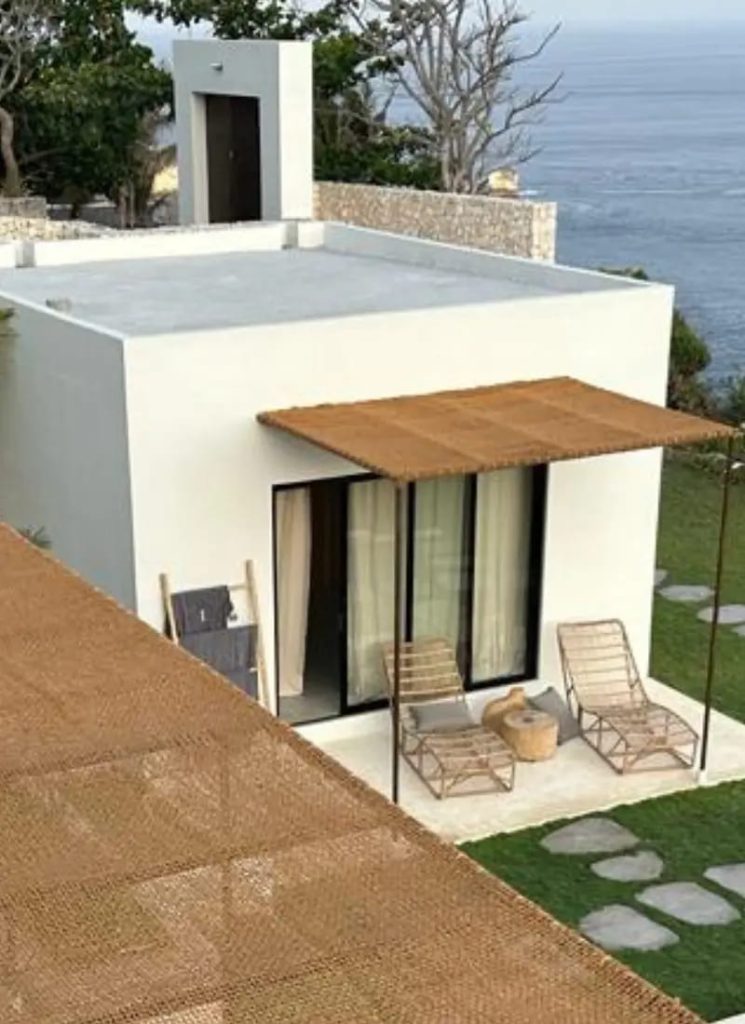
As the global focus shifts toward sustainable architecture and environmentally conscious living, a renewed interest in organic, renewable materials has emerged. Among these, Coconut Fiber Sun Shade Sail represent a fascinating confluence of traditional craftsmanship and modern utility. These natural canopies offer a sophisticated solution for sun protection while significantly reducing environmental impact.
Tropical Resorts and Beachfront Properties
In coastal areas, particularly in tropical settings, aesthetics and ecological harmony are essential. Coconut Fiber Sun Shade Sail blend seamlessly into the landscape, offering a rustic yet elegant touch to poolside lounging spaces, beach cabanas, and open-air spas. Their breathable composition allows for adequate airflow, creating a cooling microclimate beneath the shade. Resorts along the Indian Ocean and the Pacific Rim have increasingly adopted coir shade sail to enhance guest comfort while reinforcing their commitment to sustainability.
Urban Green Spaces
City planners and landscape architects are turning to Eco-friendly Products from Coconut Fiber to develop greener metropolitan environments. Public parks, rooftop gardens, and outdoor libraries can benefit from coconut shade sail, which provide reliable UV protection without compromising natural aesthetics. Unlike synthetic alternatives, these sails decompose naturally at the end of their lifecycle, contributing to the circular economy.
Agricultural and Horticultural Applications
Shade is crucial in agronomy, especially in nurseries and plantations. The permeability and tensile strength of coir sun shade make them ideal for shielding delicate crops or seedlings from harsh sunlight without stifling photosynthesis. Their porous texture allows sunlight diffusion, mitigating direct exposure and regulating soil temperatures. Farmers and horticulturists in tropical regions have observed improvements in plant vitality and yield quality when using coconut-based shading systems.
Educational and Cultural Institutions
Schools, universities, and cultural centers often require shaded outdoor spaces for gatherings, recreation, or events. Integrating coconut fiber sun shade sail into such settings supports eco-conscious education and demonstrates a commitment to sustainable infrastructure. Their understated visual appeal makes them suitable for both modern campuses and heritage buildings, effortlessly merging tradition with function.
Outdoor Dining and Hospitality Venues
Restaurants, cafés, and open-air lounges are increasingly drawn to the organic charm of coir shade sail. Their ability to filter sunlight while maintaining visibility makes them ideal for alfresco settings. As consumers become more environmentally aware, businesses are choosing eco-friendly products from coconut fiber to align with green branding initiatives. The result is not only visual distinction but also enhanced customer perception and loyalty.
Residential Gardens and Patios
In private homes, coconut shade sail offer a stylish yet practical solution for sun-drenched patios, backyards, and verandas. Homeowners can install them as semi-permanent fixtures to cool sitting areas, children’s play zones, or outdoor kitchens. The natural coir material imparts an artisanal look that complements a range of architectural styles, from contemporary minimalism to tropical bohemian.
Sustainable Event Design
Temporary installations like wedding venues, festivals, and exhibitions increasingly utilize coconut fiber sun shade sail to embody eco-luxury. Their easy assembly and organic texture make them a popular choice for event designers seeking to curate ambient, eco-conscious experiences. Whether it’s a beach ceremony or a forest retreat, these sails lend a grounded, earthy aesthetic that resonates with today’s environmentally attuned audiences.
A Platform for Conscious Consumerism
By embracing eco-friendly products from coconut fiber, communities and industries contribute to the reduction of plastic waste, lower carbon emissions, and increased support for traditional coconut farming economies. Platforms such as https://balisunshadesails.com/ are instrumental in promoting and distributing these sustainable alternatives, helping buyers make responsible, informed choices. You can also buy coconut fiber products directly by contacting (+62) 812-1233-3590.
Conclusion
The versatility of Coconut Fiber Sun Shade Sail is as impressive as their environmental credentials. From luxury resorts to urban oases, they are redefining how we think about shade—not merely as protection, but as a statement of ecological integrity. As demand for green alternatives grows, coir sun shade will remain an essential element in sustainable design and architecture.